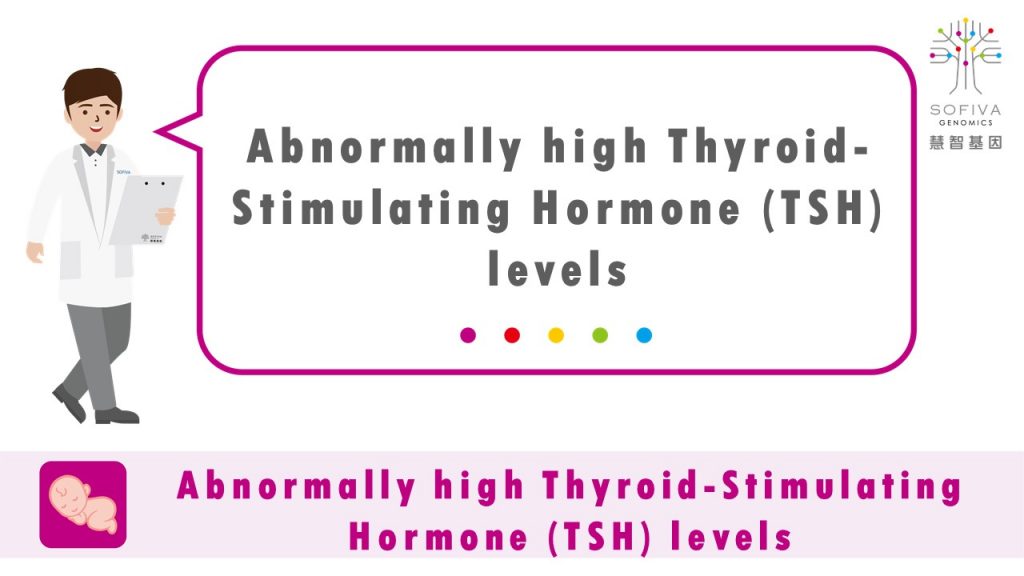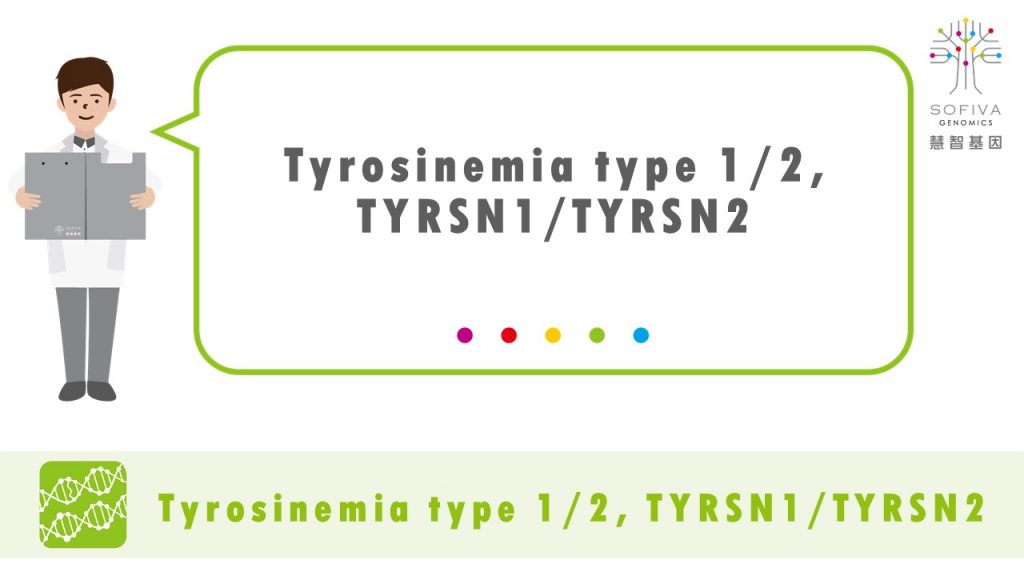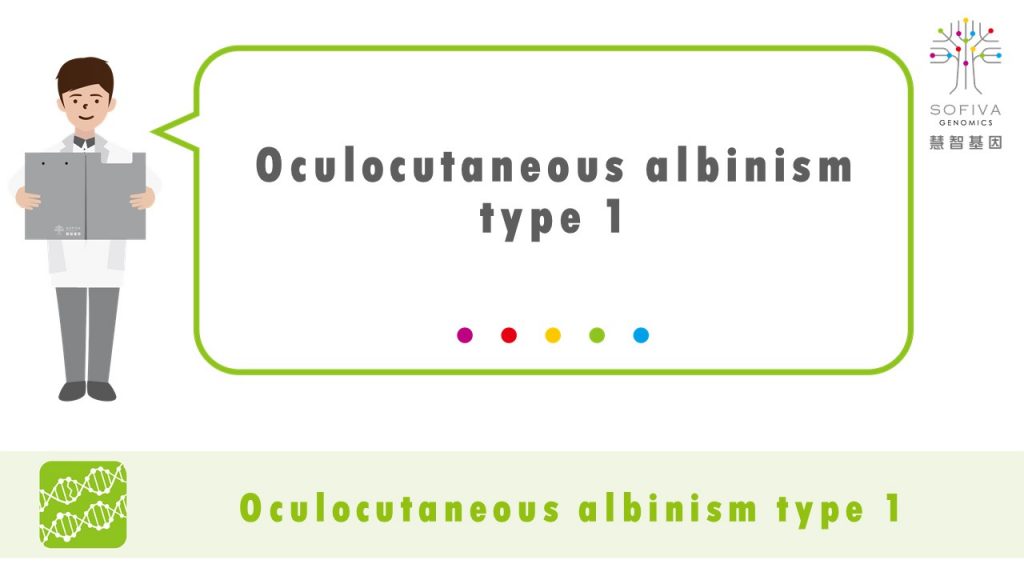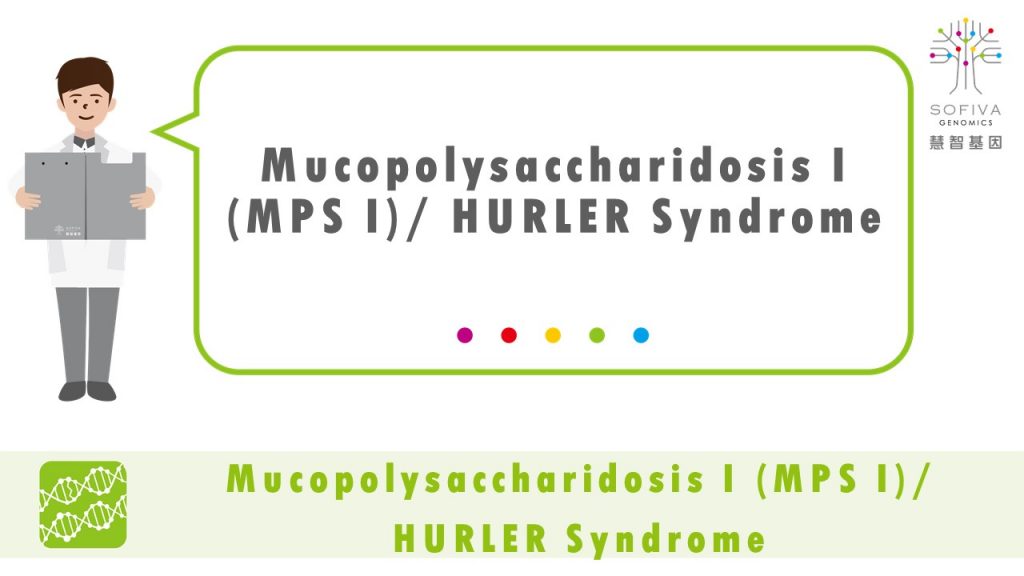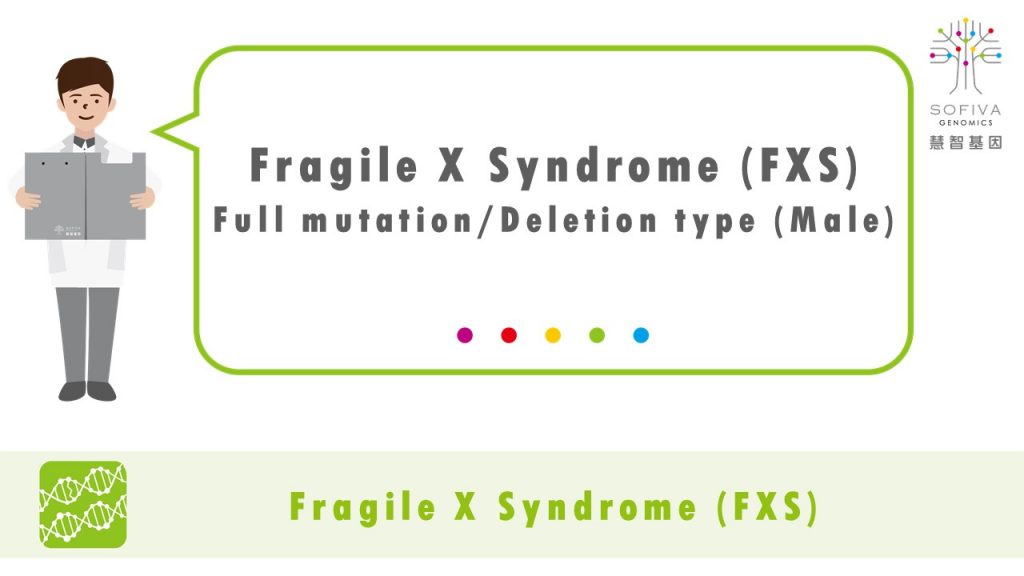What is Thyroid-Stimulating Hormone (TSH)?
Thyroid stimulating hormone (TSH) is the hormone produced by the brain which is a messenger to tell the thyroid gland to make more thyroid hormone. TSH also stimulates the release of hormones that affect a person’s metabolism and that are essential for normal growth and development.
Introduction of Congenital hypothyroidism (CH)
Congenital hypothyroidism (CH) is defined as thyroid hormone deficiency present at birth. Thyroid hormone deficiency at birth is most commonly caused by a problem with thyroid gland development (dysgenesis) or a disorder of thyroid hormone biosynthesis (dyshormonogenesis).
Individuals with CH are unable to make enough of a thyroid hormone, so a low level of thyroid hormone in the blood. The pituitary gland produces Thyroid Stimulating Hormone (TSH) which stimulates the thyroid gland to produce more hormones. A high amount of thyroid stimulating hormone can be a sign of CH.
Frequency of Congenital Hypothyroidism(CH)
Congenital hypothyroidism (CH) occurs in approximately 1/2,000~1/4,000 newborns. Twice as many females as males are affected.
Symptoms of Congenital Hypothyroidism(CH)
Common symptoms include increased sleep, feeding difficulty, constipation, prolonged jaundice, myxedematous facies, macroglossia, umbilical hernia, intellectual disability, growth retardation disorder and hypotonia.
What should I do for abnormality detected?
False-positive TSH elevations may be found in specimens collected at 24~48 hours after birth, neonatal illness, prematurity, iodine excess or deficiency, maternal medication or maternal thyroid disease. If newborn screening result showed high level of TSH, the newborn screening test will be repeated by recollecting blood sample.
How is congenital hypothyroidism treated?
Specific treatment for hypothyroidism will be determined by your child’s doctor in consultation with you.
References
- Orphanet J Rare Dis. 2010 Jun 10;5:17.
- MedlinePlus

